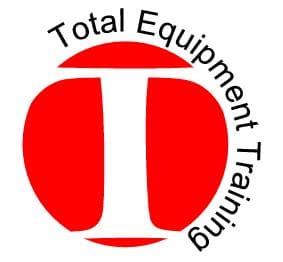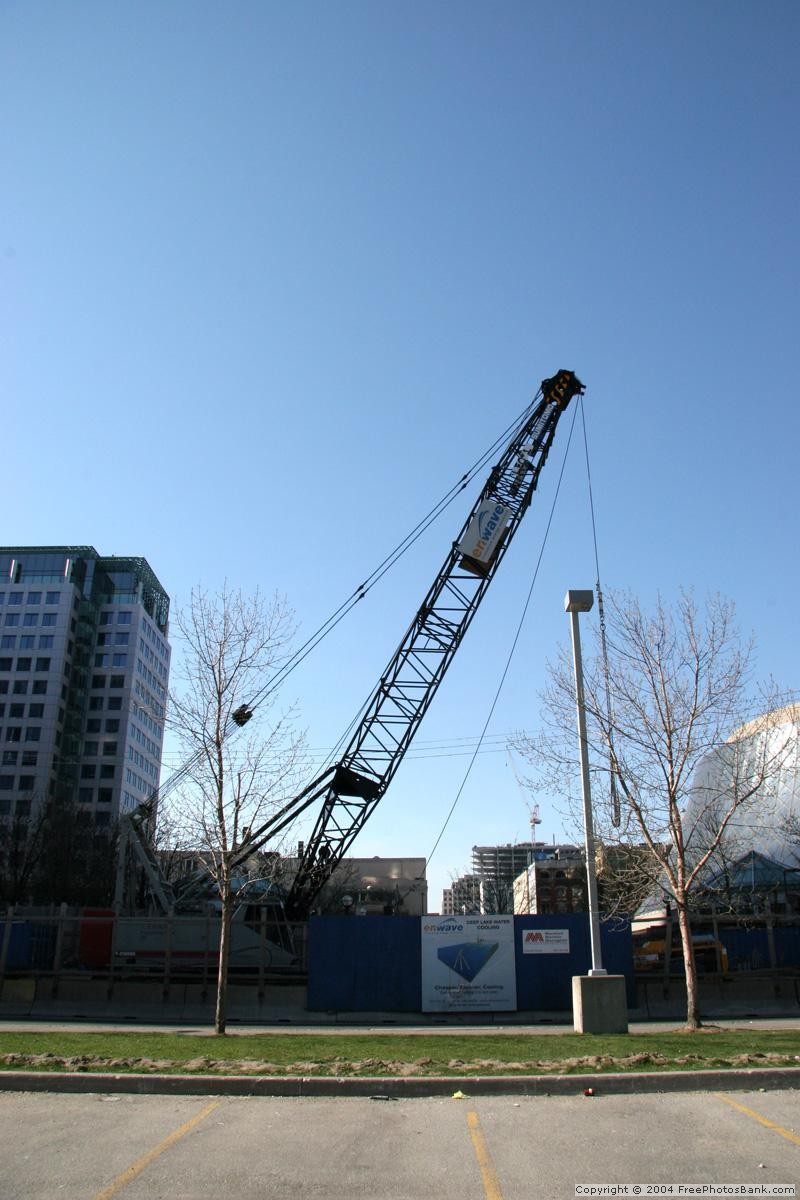A certification for mobile crane operation will allow you to operate a crane on building and construction sites. This job requires a significant amount of in-depth professional training. Keep reading to find out everything you need to know about becoming an NCCCO certified mobile crane operator.
How do you Become an NCCCO Certified Crane Operator?
An NCCCO certified crane operator must:
- Be at least 18 years of age
- Able to physically operate the crane
- Crane operators must read, sign, and honor the NCCCO Code of Ethics Policy and Agreement and the Substance Abuse Policy.
- You must also pass the NCCCO Mobile Crane Operator written and practical exams. Many employers choose to have their crane operators trained by companies such as Total Equipment Training, in order to pass these exams. In some areas, a CDL License will also be required to operate a crane.
Get the NCCCO MOBILE CRANE OPERATOR STUDY GUIDE
How much money can you expect to make as an NCCCO Certified Crane Operator?
According to Glassdoor in June 2024, a crane operator makes $50K – $85K per year. There are wide-ranging estimates of salary for a crane operator, and these ranges are mostly based on location and the experience of the operator.
Are Certified Crane Operators in Demand?
Crane operators are in high demand! According to the Bureau of Labor Statistics, an 8% growth rate is predicted between 2014 and 2024 for crane operator jobs. This can be explained by the increase in high-tech infrastructure projects that require heavy lifting.
Is being a Crane Operator Dangerous?
Yes, being a crane operator is a hazardous job. There are many dangerous aspects of this job including electrical/power hazards, overloading, and falling materials. All of these hazards can and should be managed through planning, preparation, extensive training, and safeguards.
Should I Become an NCCCO Certified Crane Operator?
Being a crane operator is a career that requires a structured, responsible, and detail-oriented person who has the ability to think fast. You must know your machine, the conditions of the jobsite and be aware of other people and machines. If you consider yourself responsible, realistic, and hands-on a career as a crane operator may be right for you!
Learn more about the NCCCO Mobile Crane Certification
What does an NCCCO Training Course Cost?
The median cost for an NCCCO training course is $1,400. In some situations, companies pay for their employees to receive this training by hiring companies like Total Equipment Training. Individuals can choose to use schools or online training programs to help them prepare for the certification exam. Total Equipment Training offers online study materials to individuals. We currently have NCCCO study guides and practice tests for Mobile Crane, Rigger 1, and Signal Person.
We also uniquely offer onsite training to YOUR company’s worksite. Live training on your company’s heavy equipment. Please use this link to schedule heavy equipment group training.
What is the Cost of NCCCO Certification?
NCCCO certification costs depend on what certification is being obtained and the manner in which the test is taken. NCCCO currently offers two different types of written exams. The traditional paper and pencil testing option and a computer-based option often referred to as CBT or computer-based testing.
If you have opted to test using the traditional paper and pencil testing option, each certification will cost between $100 and $350. In order to take the pencil and paper test, you must have a Test Site Coordinator set up the testing site, date, and time with NCCCO.
Testing with the computer-based option ranges between $145 and $420. Additionally, some certifications are not currently offered in the CBT form.
Are there any Additional Costs involved in NCCCO Certification?
NCCCO training courses can vary depending on where your company is located or who you choose to train you or your staff. Occasionally, you can run into the unexpected cost of having to retake your exam but this can be avoided with proper training. Additional costs may include travel, lodging, and taxes. To find more information on the base cost of the certification you’re looking for you can visit the NCCCO website.
How can Total Equipment Training help you become an NCCCO Certified Crane Operator?
Total Equipment Training provides your employees with the training they need to pass both the written and practical NCCCO crane operator certification exams. We utilize a mix of classroom work and hands-on training, using your equipment.
Our comprehensive training programs can help you prepare your employees to pass their NCCCO certification exams. Our trainers train you at your site, using your equipment. Total Equipment Training can also register your site with NCCCO and set up certification testing as well as test preparation. To find out more about how Total Equipment Training can assist your company with their training needs visit our contact page on our website.
Our trainers are experienced professionals who keep their training skills up to date by continuing their education. All of our heavy equipment trainers have at least ten years of in the field experience working with heavy construction equipment.
Contact us today for a quote and for more information on how to tailor a crane training program for your needs, skill levels, and equipment.



